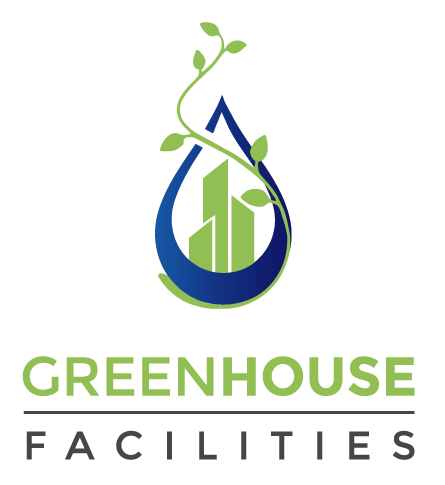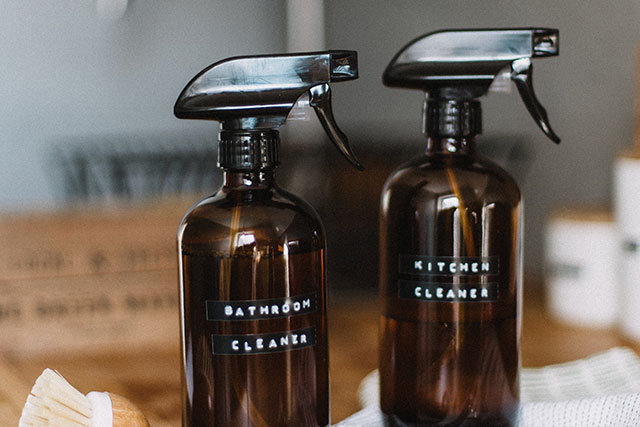Even though SARS-CoV-2 (the pathogen that causes the new coronavirus disease) is known to spread mainly through respiratory droplets from person-to-person, the Center for Disease Control says that COVID-19 can also be picked up by touching a surface contaminated with the virus, transmitted when your hands then touch your eyes, nose, or mouth. SARS-CoV-2 can live on surfaces anywhere from hours to days depending on factors such as surface type and temperature.
Fortunately, the U.S. Environmental Protection Agency has created a list of nearly 400 products that they’ve approved for combating emerging pathogens, including the new coronavirus. Featured on the list are household cleaners such as bleach or hydrogen peroxide and items common on the grocery store shelves, such as Clorox disinfecting wipes (containing chlorides and isopropyl alcohol) or Lysol disinfectant spray.
And if you’re looking for a more environmentally-friendly product that is effective in cleaning viruses, the good news is that EPA has included a few all-natural products containing the ingredient thymol. Thymol is naturally antimicrobial botanical, made of oil of various herbs including basil and thyme. CleanWell’s thymol product featured on the EPA’s list is alcohol-free, non-toxic, and safe for food surfaces.
If these disinfectant options are unavailable to you at the moment, another virus cleaning option that you may already have at home are alcohol solutions that contain at least 70% alcohol. You may have them in stock for use as an antiseptic. In fact, the use of alcohol-based wipes or spray containing at least 70% alcohol are usually recommended to disinfect touch screens and other high-touch electronics.
For more on what kills viruses on surfaces, and other cleaning and hygiene tips, contact Greenhouse Eco-Cleaning today.

